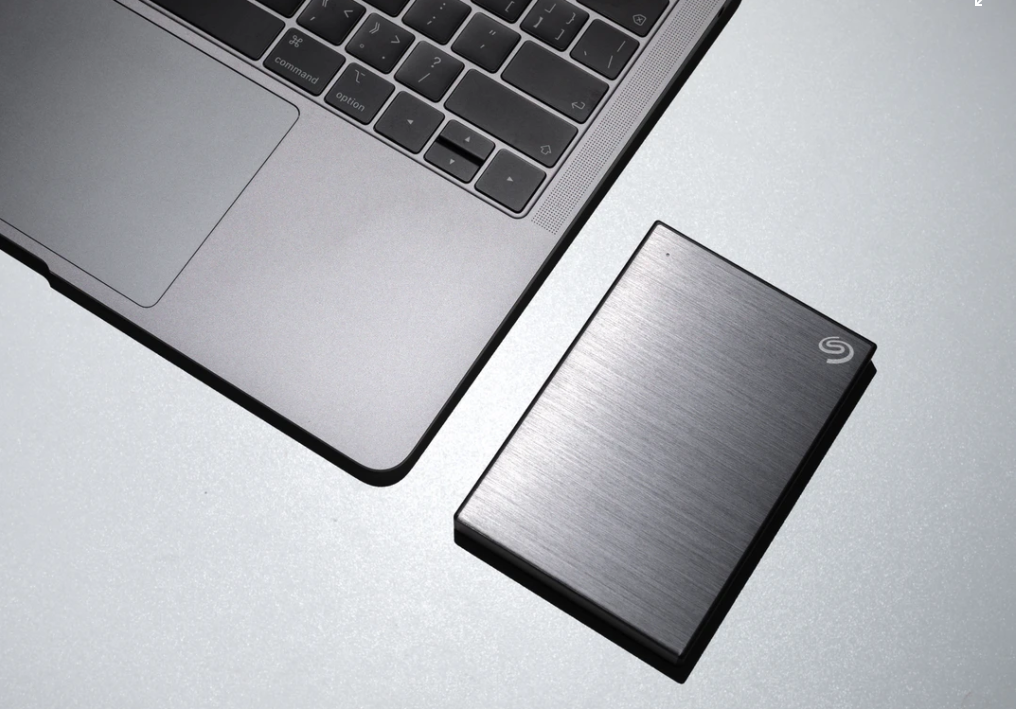National Cyber Security Month: Week 4
For the final week of Cyber Security Awareness Month we have put together some answers to FAQ's about backing up your data and why regular backups are important!
Why is it important to Backup your data? 
We all know how annoying it is when we lose a word document before saving and having to start all over again- but what would happen if you couldn’t access any of your files at all? You seem to have lost all your data, your contacts, your files, and your documents?
There are many problems that result in data loss, like accidental damage, your machine stops working or even getting a virus or some ransomware that stops you accessing your data, it is important to be ready in case anything happens.
Losing all your files can have more of an effect than you think, depending on how your business operates, data loss could stop you in your tracks for weeks! Having a backup of your files is important, you save yourself time, stress, money, and much more.
What data should you Backup?
It all depends on what you view as important. Documents, Contacts, Spreadsheets, Files, Photographs are all common things to back up. Think about what would put a spanner in the works for you or your business if you lost them, things you use and update often, contracts, or customer and colleague contact information. Many people also choose to back up their personal data too, like family photos, videos, and music. You can also back up your entire computer onto a memory stick.
How Often Should I Backup My Data?
Best practice is backing up your data every day. At the end of each day, before turning your device off, backup your data. It can also be something you do as little as once a week, it all depends on how much new data you create.
 How do I Backup my data?
How do I Backup my data?
There are a few ways you can backup your data, one of the more traditional ways is to buy an external hard drive and set up a basic backup of all your important files. You can achieve this with “File History” which has been a standard part of Windows since Windows 7. See this guide from Microsoft for setting this up. The advantage of this kind of backup is that it is relatively inexpensive, with no on-going cost, and will protect your data if your computer has a hardware failure. The disadvantage is that the backup is in the same location as the computer it is backing up. This means in the event of a fire or similar disaster; your backup would be vulnerable as well.
An ever increasingly popular alternative is an online cloud backup solution. Companies such as Acronis or Backblaze offer cloud backup solutions for a monthly cost. But you may find that your ISP offers a cloud backup solution as part of your broadband package, an example of this is BT cloud. These cloud backup solutions will usually include an application that you install on your device, and then choose the folders you wish to back up to their online servers. The advantages of these solutions are that your backups are not in the same location as your device, and you can access the backup from any device you sign in with. The disadvantage is the ongoing cost, but you can argue that is a small price to pay vs losing your data.
Another alternative is to use a cloud service such as OneDrive or iCloud. These cloud solutions are more integrated with your device and works in a way that you save the original copies straight to the cloud, downloading them to your device when needed. This adds the convenience of being easily able to access your data from any device that is signed into the service.
Published: 24/10/2021 Published by: WJPS
Return to News Page.